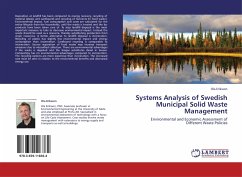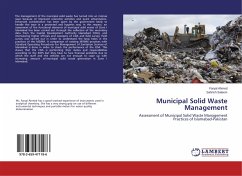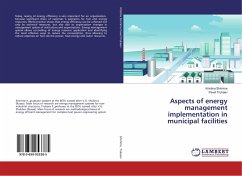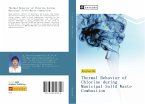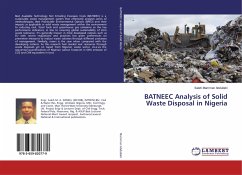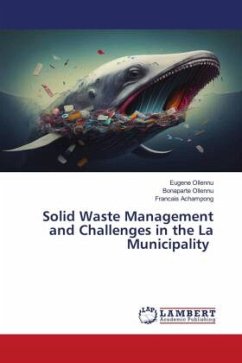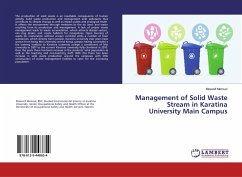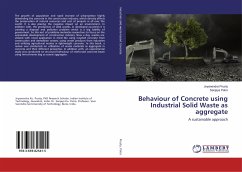Deposition at landfill has been compared to energy recovery, recycling of material (plastic and cardboard) and recycling of nutrients (in food waste). Environmental impact, fuel consumption and costs are calculated for the entire lifecycle from the households, until the waste is treated and the by-products have been taken care of. To stop landfill disposal is the most important measure to take to decrease environmental impact. Instead the waste should be used as a resource, thereby substituting production from virgin resources. A better alternative to landfill disposal is incineration. Recycling of plastic has slightly less environmental impact and energy consumption than incineration. Cardboard recycling is comparable to incineration. Source separation of food waste may increase transport emissions due to intensified collection. There are environmental advantages if the waste is digested and the biogas substitutes diesel in busses. Composting has no environmental advantages compared to incineration. The recycling options are more expensive than incineration. The increased cost must be seen in relation to the environmental benefits and decreased energy use.

